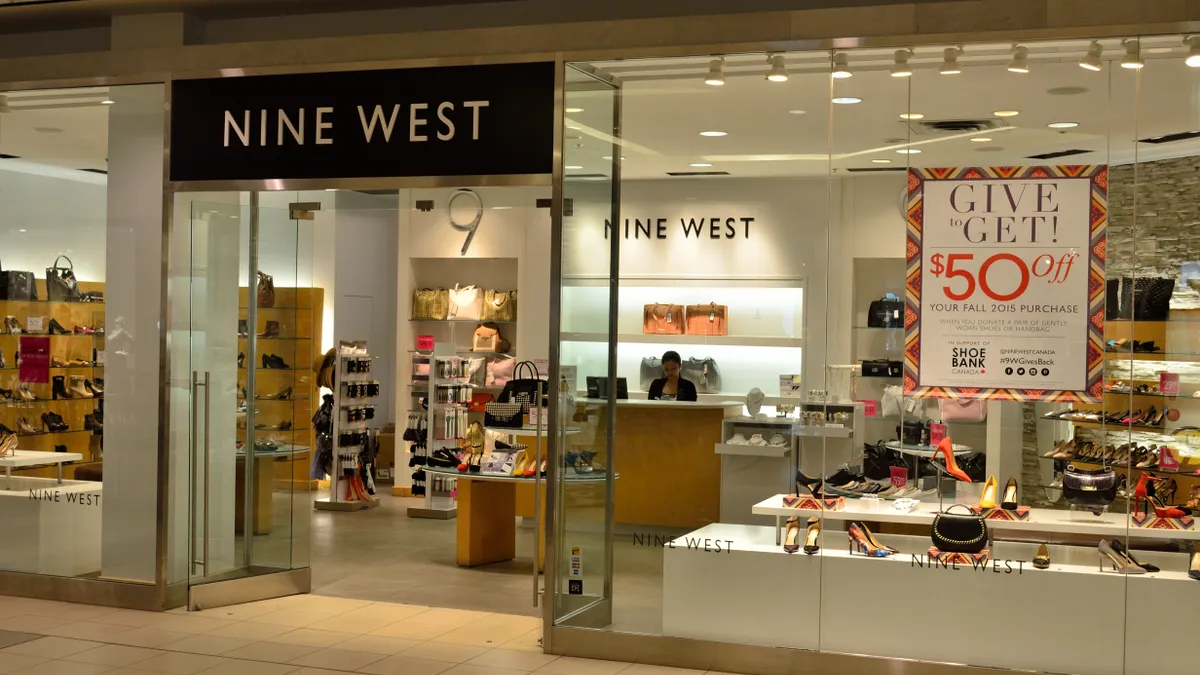Dive Brief:
- Supply chain transparency is lacking at luxury fashion houses, including Versace, Chanel and Michael Kors, according to an index from advocacy group Fashion Revolution. The opacity of their supply chains raises questions about forced or unfair labor at the garment factory and supplier level.
- Among the 150 fashion brands and retailers ranked in the index, not one scored more than 58, with 100 being the most transparent. The highest scorers were Adidas, Reebok and Puma.
- Twelve brands received a score of zero, including Nine West, Dior and Longchamp.
Dive Insight:
The social supply chain continues to expand as consumers and professional buyers alike are making purchasing decisions based on more than just price. Seemingly all buyers are more aware of those companies in the supply chain who are not getting a square deal.
Perhaps the issues of income inequality, the political divide, corporate malfeasance and other social media driven movements have caused everyone to take a second look at what they buy and where it comes from.
In some companies, sustainability efforts and participation in the green supply chain have transitioned from public relations efforts to serious sourcing decisions. The low cost at all cost mentality, sometimes driven by corporate survival, or other times driven by greed, may minimize efforts to make the right choice, ignoring human rights and other social issues.
The momentum may be changing, driven by strong social movements that at their core address societal inequities. There are common threads in movements that address the minimum wage, low wages for teachers, harassment in the workplace, the rollback of environmental regulations and data security in the very social media platforms used to facilitate these protests. And it is not just limited to the United States. Global movements addressing political, environmental, and social issues are growing quickly, fueled by social media and an energized constituency.
This increase in social consciousness has a spillover effect into the supply chain, causing companies to adjust their sourcing to address latent or potential issues that would feed into a more enlightened consumer. Some companies are proactively addressing supply chain decisions with the “local supplier” approach, while others may tout the influence of sustainability or human rights in their sourcing decisions.
While there may be a corporate sourcing philosophy, don’t underestimate the influence of a buyer supporting a personal social cause when making a sourcing decision. If consumers can buy with a social conscious, so can the professionals.













